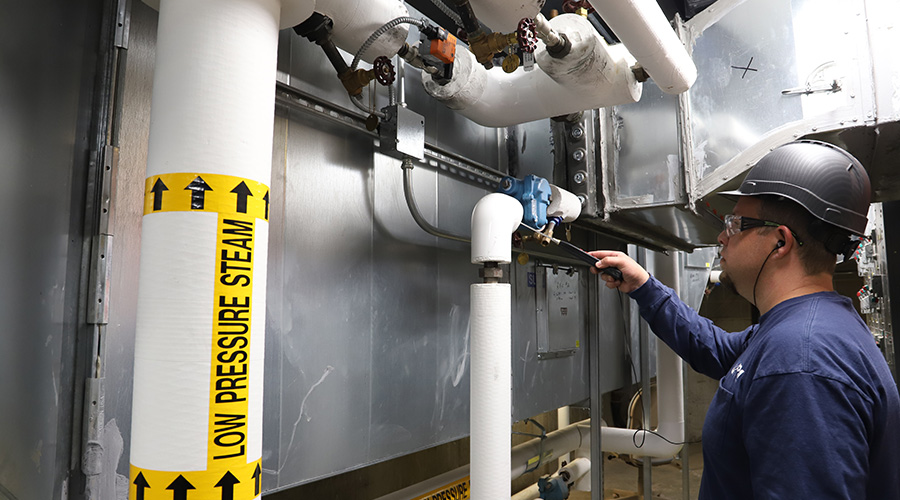A new report from AAAHC analyzes data from more than 900 accreditation surveys from 2017 to identify areas of high and low compliance, providing ambulatory healthcare organizations with insight on how best to improve their performance and quality of care. Designing and implementing quality improvement studies, credentialing and privileging, as well as documentation management were common deficiencies cited during 2017 accreditation surveys.
“The goal of this report is to increase understanding of AAAHC Standards and provide useful benchmarks to help organizations improve the quality of care provided to patients,” said Noel Adachi, president and CEO of AAAHC. “While the report indicates most facilities surveyed are in compliance with the majority of Standards, there are a few focus areas where deficiencies persist.”
The AAAHC Quality Roadmap 2018 gathered and analyzed data from on-site accreditation surveys rated against the 2017 AAAHC Standards. Organizations surveyed include ambulatory surgery centers (ASCs), Medicare Deemed Status (MDS) ASCs, office-based surgery facilities and primary care settings such as student, community, and occupational health clinics.
High-Deficiency Findings
AAAHC Quality Roadmap 2018 results indicate that the top overall deficiencies cited in more than 11 percent of survey ratings were consistent with 2017 results. Despite these high deficiency findings, the Quality Roadmap did note that organizations have demonstrated improvement from last year’s findings for conducting quality improvement studies, as well as documenting allergies and untoward drug reactions in patient clinical records.
High-Compliance Findings
AAAHC’s analysis indicates that accredited organizations demonstrated high compliance with several Standards and have shown improvement in key areas, including:
Non-Medicare Deemed Status Standards
· Timely consultation and referral for patients
· Verification that patients understand how to use newly issued medical devices
· Agreements with another provider group or nearby hospital for patient transfer in the case of an emergency
Medicare Deemed Status Standards
· Timely patient transfer information
· Investigation of all patient grievances
· Use of performance measures to improve outcomes
Quality Improvement (QI) Programs
A key component of accreditation is continuous quality improvement which demonstrates an organization is regularly monitoring performance and making adjustments when needed. A well-organized quality improvement program requires conducting ongoing studies that include documentation of corrective action and re-measurement to determine correction effectiveness. Without re-measurement, the quality improvement study is incomplete because there is no way of knowing whether improvement has actually occurred.
“Our Quality Roadmap is designed to help ambulatory providers understand the most common deficiencies relevant to their setting and compare the findings to their own survey ratings and self-assessments to gauge performance,” said Naomi Kuznets, Ph.D., AAAHC Institute vice president and senior director. “We encourage organizations to leverage the report, as well as other AAAHC educational resources and toolkits and review policies, procedures, and practices to improve quality of patient care.”
The AAAHC Quality Roadmap 2018 is available for download at www.aaahc.org.
 Biofilm 'Life Raft' Changes C. Auris Risk
Biofilm 'Life Raft' Changes C. Auris Risk How Healthcare Restrooms Are Rethinking Water Efficiency
How Healthcare Restrooms Are Rethinking Water Efficiency Northwell Health Finds Energy Savings in Steam Systems
Northwell Health Finds Energy Savings in Steam Systems The Difference Between Cleaning, Sanitizing and Disinfecting
The Difference Between Cleaning, Sanitizing and Disinfecting Jupiter Medical Center Falls Victim to Third-Party Data Breach
Jupiter Medical Center Falls Victim to Third-Party Data Breach